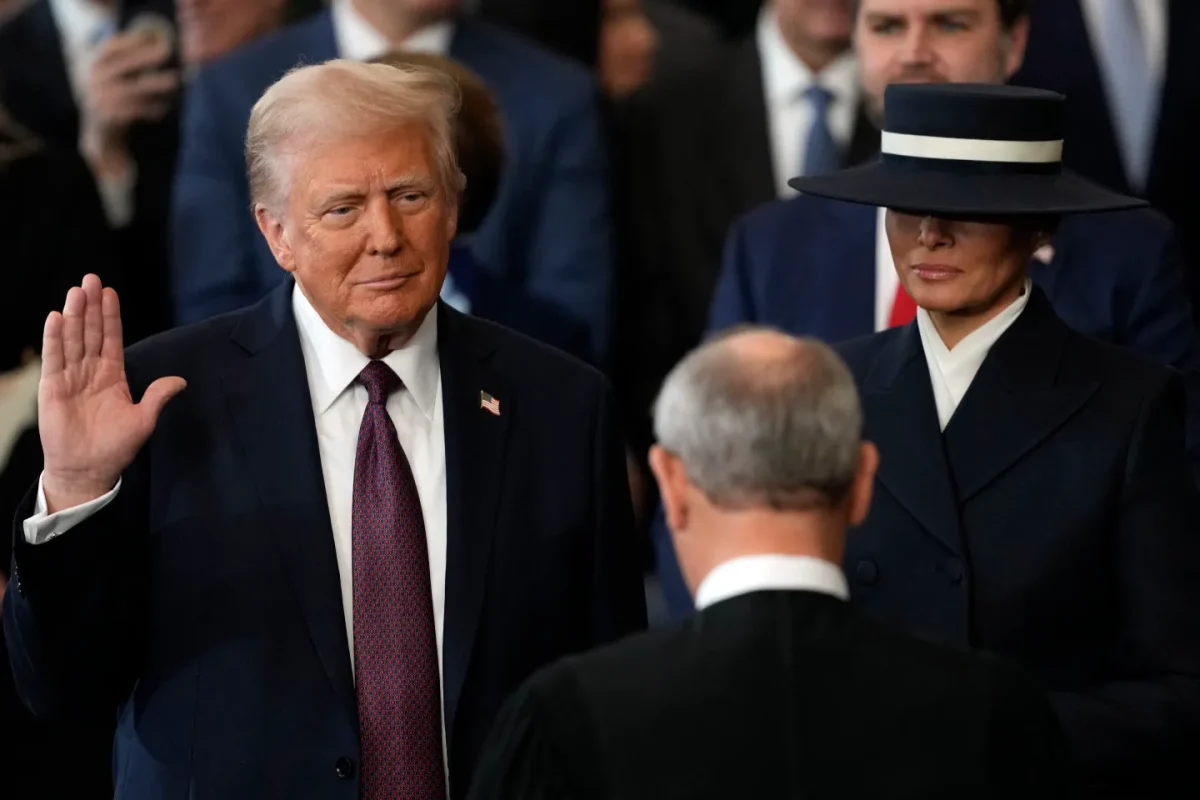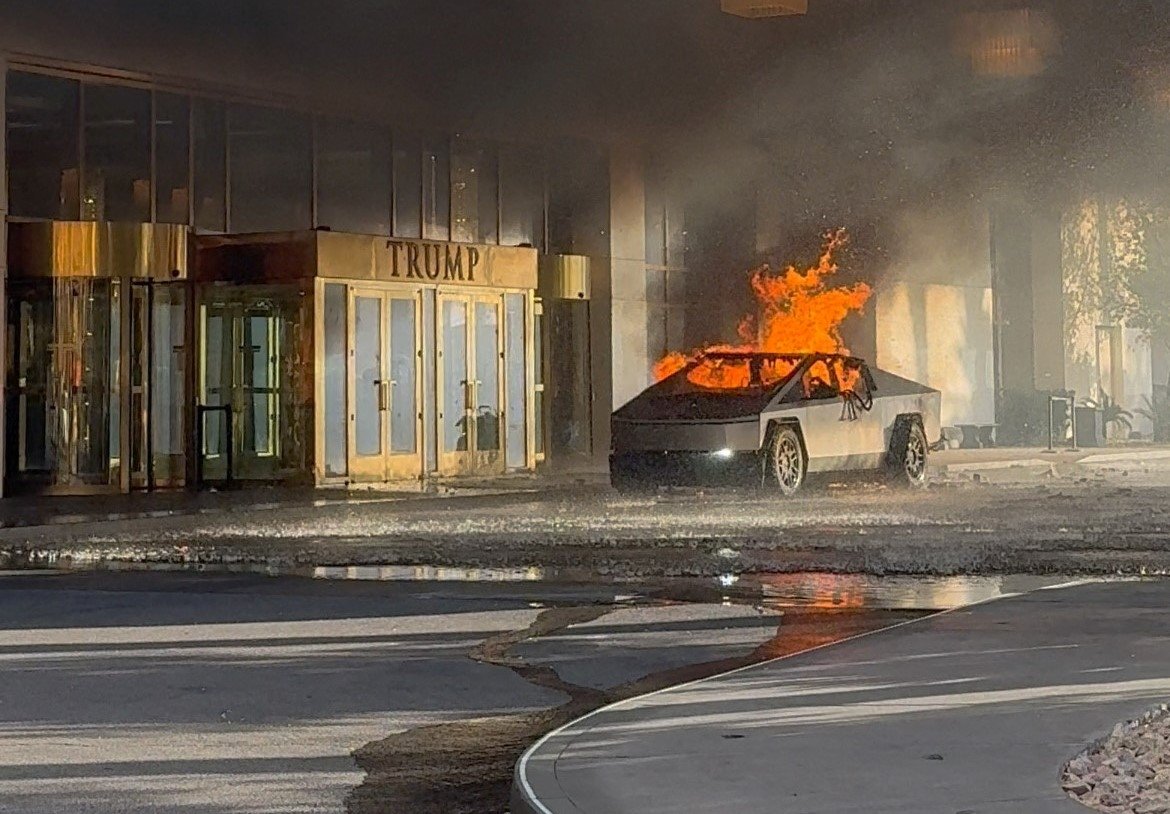On Oct. 7, Hamas invaded Israel, and U.S. foreign policy was changed in ways not seen in decades. This took Israel and much of the world by surprise attack; the U.S. was also taken by surprise but took swift and decisive action. The U.S. remains committed to protecting their critical partners. In addition to this, it is President Joseph Biden’s number one priority to rescue American citizens taken hostage and trapped in Israel. Biden said in a press conference, “I’m going to send to Congress an urgent budget request to fund America’s national security needs, to support our critical partners, including Israel and Ukraine.” The U.S. is committed to maintaining military and humanitarian aid to both Israel and Ukraine.
In addition to sending military aid, the U.S. military is deploying troops to countries and areas near Israel, including the super carriers Dwight D Eisenhower and Gerald R Ford. This represents a significant deployment of U.S. Navy assets, and each of these ships cost over $4.5 billion. This is a significant deployment of forces to the area. In a press conference, Secretary of Defense Lloyd J. Austin III said, “The United States will make sure that Israel has what it needs to defend itself.”
U.S. and Israeli relations have been strained by this conflict. An example of this tension could be seen when a large hospital exploded in the Gaza strip, as fingers were initially pointed at Israel. Hamas still blames Israel for the explosion, while the U.S. believes that Israel did not do it. Biden in a press release said, “Like so many other[s], I am heartbroken by the tragic loss of Palestinian life, including the explosion at a hospital in Gaza — which was not done by the Israelis.”
President Biden reaffirmed with President Abbas, the leader of the Palestinian Authority, the Palestinains’ right to self determination and rule. Biden has also said that more shipments of relief and humanitarian aid would come if Hamas did not intercept the vital aid for civilians in the Gaza Strip. Biden reaffirmed this in a phone call on Oct. 29 with the Prime Minister of Israel, Benjamin Netunya.
The U.S. has always had a very complicated foreign policy in the Middle East, and this event has been one of its most defining moments in this decade. What happens will affect U.S. policies in the region for decades to come.




